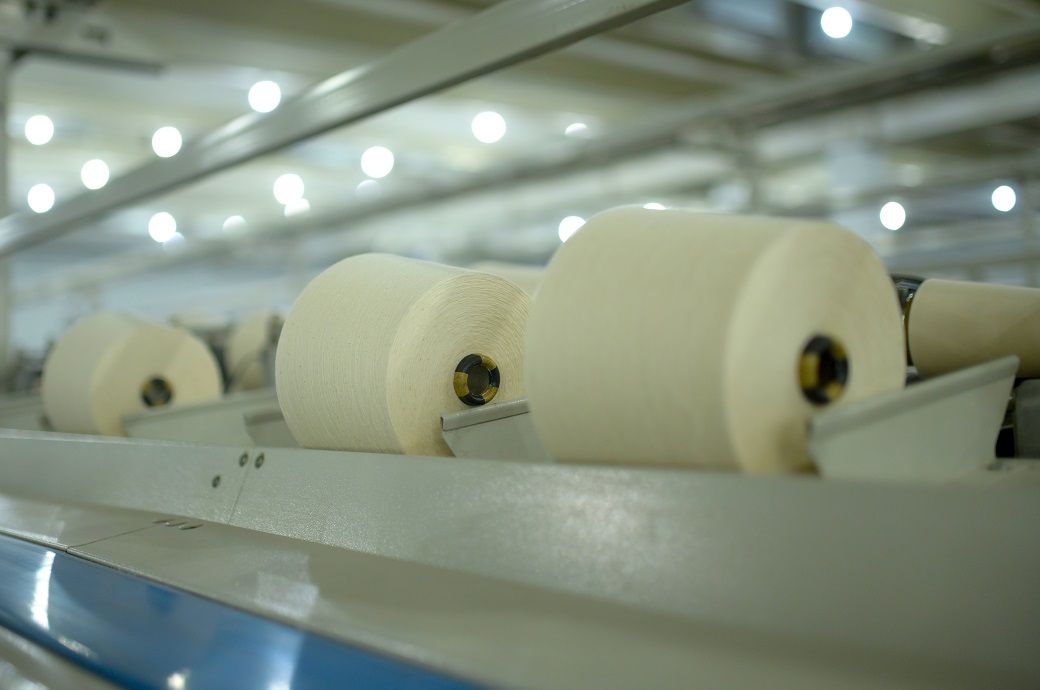
The US tariffs were initially expected to create export opportunities for Bangladesh.
While manufacturing a kilogram of yarn in Bangladesh costs about $3, the same can be imported from India for $2.60 via sea route, intensifying competition for domestic players.
Some importers are also misusing bonded warehouse facilities to bring foreign yarn into Bangladesh duty-free and sell it in the local market, further distorting prices, hurting domestic manufacturers and compounding the situation, according to domestic media reports.
The country’s textile sector has faced several challenges over the past few years. These include political instability, economic downturns, gas shortages, high interest rates and currency fluctuations. Many small and medium spinning mills have been forced to scale down or partially halt production.
Dhaka Stock Exchange (DSE) data show while a few large firms have managed to maintain growth, the overall sector remains under significant strain. Fifty eight textile companies are currently listed on the exchange.
According to the Bangladesh Textile Mills Association (BTMA), companies that earlier received 3-4-per cent incentive for using indigenously-produced yarn now receive only 1-per cent incentive, prompting many exporters to turn to the more affordable Indian alternatives.
Spinning mills, which mostly operate on bank loans, are hit by high interest rates and capital shortage. Many have already defaulted on their loans and several are closing, while stronger firms are gradually losing competitiveness.
But despite these challenges, several listed textile companies have recorded improved annual performance for fiscal 2024-25 (FY25) compared to FY24.
ALCHEMPro News Desk (DS)
Receive daily prices and market insights straight to your inbox. Subscribe to AlchemPro Weekly!